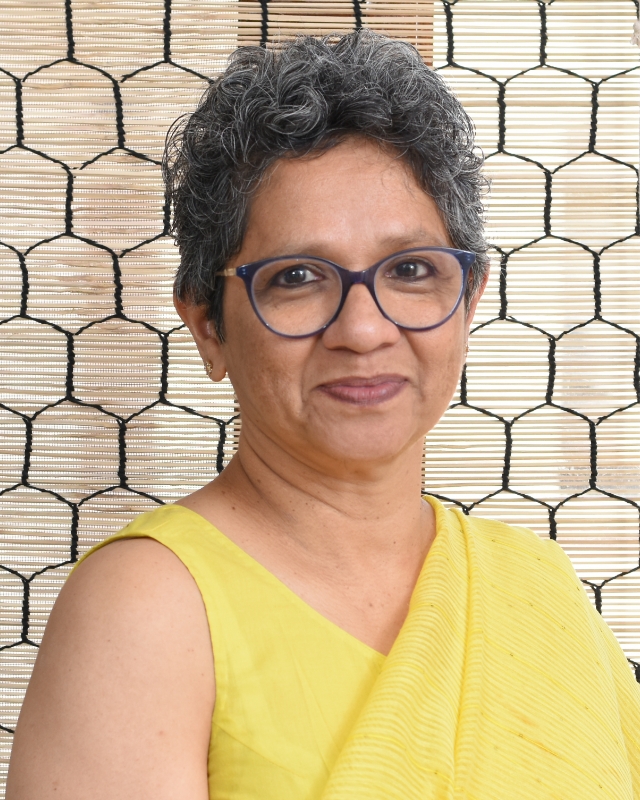Feature Article INDIA: The Rise of a New Economic Superpower 2
Ananta Aspen Centre, established in 2004 in partnership with the American Aspen Institute, facilitates open dialogue on India’s role in the world. Its CEO, and veteran diplomatic analyst, Indrani Bagchi shared her insights on the geopolitical landscape surrounding India, the true objectives of the Quad, and the upcoming economic reforms.

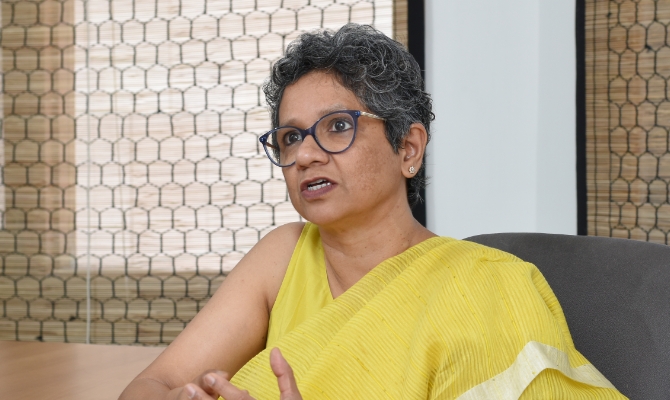
CEO, Ananta Aspen Centre
Indrani Bagchi


India’s greatest current geopolitical challenge is an aggressive and expansionist China. Traditionally, India has preferred to cleave the middle path, but the world is multipolar, and India can be one of the “poles.”


For the last 70 years we’ve had a continuous conflict situation with Pakistan, and a border dispute with China, which has intensified recently. Although it doesn’t take from the fact that India has been very disturbed by Russia’s actions in Ukraine, the narrative of the war is a little more complex than it is made out to be, and India has to consider its defense interests.
After war broke out, India was offered Russian crude oil at discounted prices and decided not to turn it down. The country’s energy inflation would have been economically and politically unbearable, and India’s oil purchases from Russia actually helped to stabilize global energy prices.
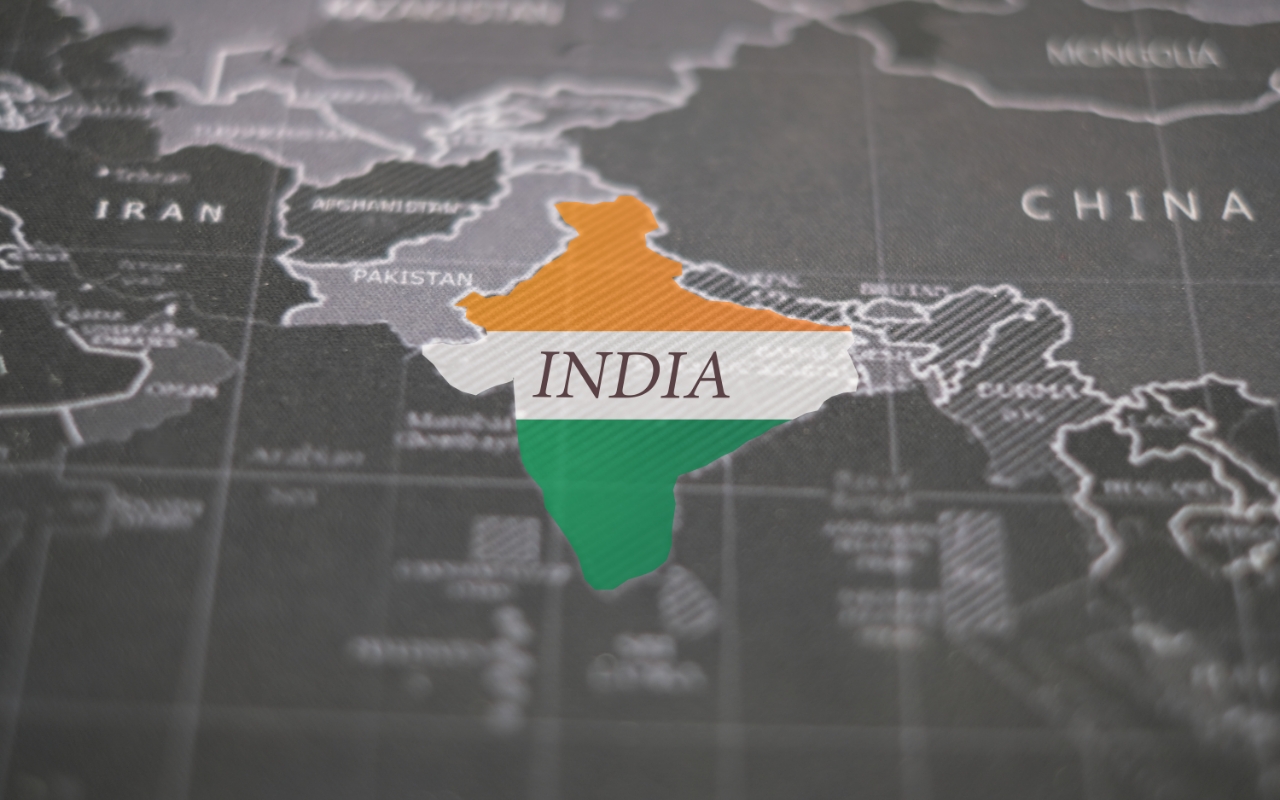
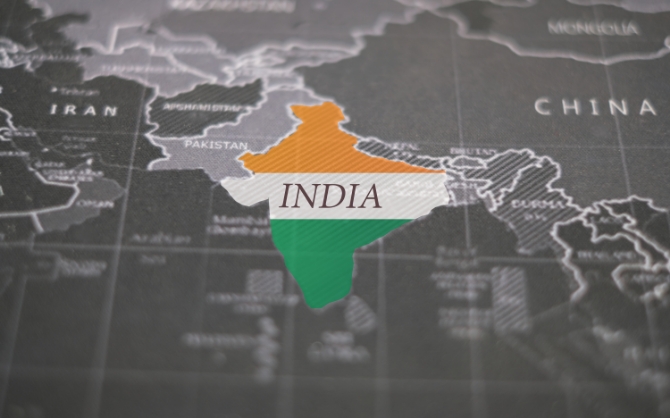


During the pandemic, we realized how dependent we were on China for some pharmaceutical ingredients. So, we have been diversifying our value chains, and Japan has been a key partner in that process.


The future of international relations will be determined by technology, access to technology, and the rules that govern technology. That is the core of what the Quad is doing together, not what kind of military exercises we are going to have.
Then Japanese Prime Minister ABE Shinzo spoke of “the Confluence of the Two Seas” during his first visit to the Indian parliament in 2007, and that became the Free and Open Indo-Pacific, which India has been a believer in forever.
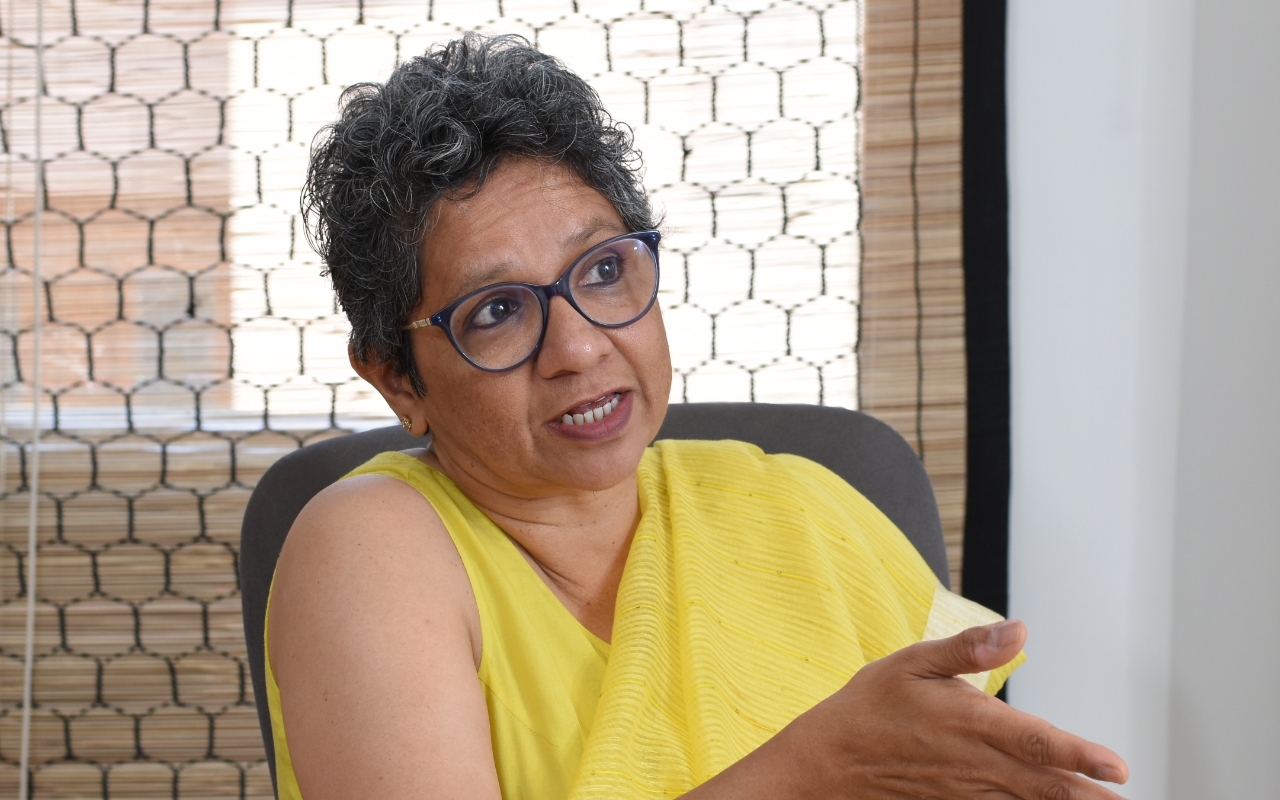
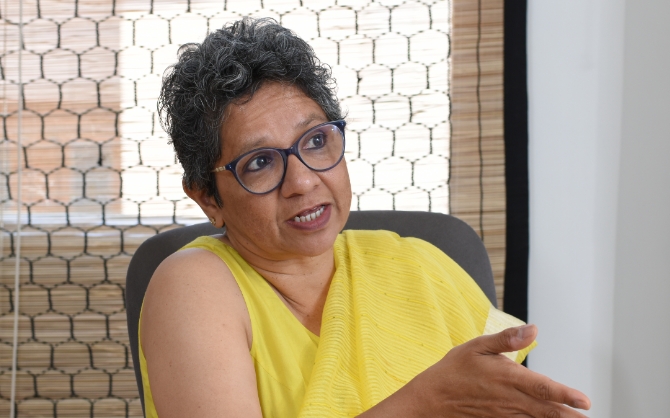


The government has rolled out a production-linked incentive strategy to cover 14 manufacturing sectors to which India wants to attract investment to protect its economic security. Apple, for example, is now making many of its iPhones in India. Diversifying value chains and building resilient supply chains is extremely important to India and to the Quad.


We are both technologically advanced countries. Indians have a view of Japan that is nearly 100 percent positive. I see us as civilizational cousins. I think the India-Japan relationship has still only partly fulfilled half of its potential.
